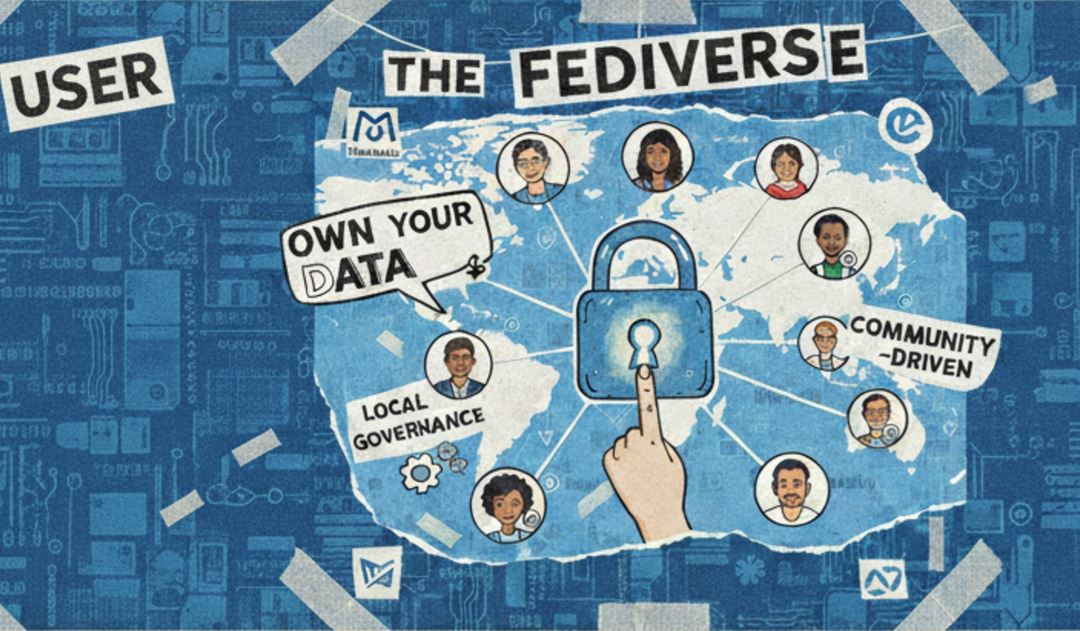Digital Democracy: Mastodon, Decentralized Social Network & Content Moderation Pilots
Contact person

About
In Ukraine, Telegram has become a critical source of news during the war with Russia. However, it is also prone to the spread of Russian propaganda and remains at the center of a complex, unresolved relationship with Ukrainian society, which continues to rely on it.
This research explores the development of core components and strategies to facilitate potential user migration from Telegram to a healthier media and communication environment. Consequently, enabling a new generation of open-source, non-monopolistic backbone for information exchange holds promising implications for all societies and countries that value independence and sovereignty.
Focus and outcome
Concretely, the UROP will gain hands-on experience deploying instances of decentralized social networks (e.g., Mastodon), with advisory support from Mastodon’s core development team. Activities may also include:
- Identifying and addressing a data federation, protocol-level problem related to privacy, moderation, or security requirements.
- Identifying effective practices in media content and community management
- Testing new content moderation method following FASP protocols on Mastodon communities or in simulations with AI agent using MCP and related protocols.
- Improving the context-inclusion and interoperability of content moderation information using FediMod.
The research also offers the student an opportunity to:
- Collaborate with students from MIT in Oslo during Summer ‘26 as part of their contribution to this project.
- Join an international collaboration of researchers from leading disinformation research labs (e.g., Cambridge Social Decision-Making Lab, Center for an Informed Public, etc.)
- Co-author results for high-impact publications
Qualifications
- Exceptional motivation & problem-solving mindset.
- Interest in pursuing an international-level PhD.
- Comfort working with Python, Linux, and open-source software modules.
